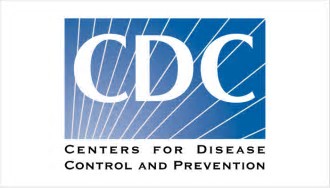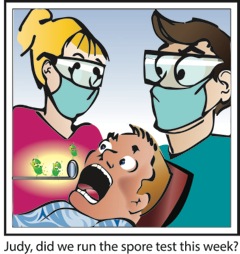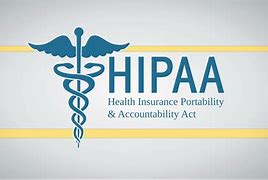Effective sterilization is essential to protecting patients and staff in the dental setting. Biological monitoring,…

CDC’s Guidance for Upcoming Respiratory Virus Season
 Each year, respiratory viruses are responsible for millions of illnesses and thousands of hospitalizations and deaths in the United States. In addition to the virus that causes COVID-19, there are many other types of respiratory viruses, including influenza (flu) and respiratory syncytial virus (RSV). The good news is there are actions you can take to help protect yourself and others from health risks caused by respiratory viruses.
Each year, respiratory viruses are responsible for millions of illnesses and thousands of hospitalizations and deaths in the United States. In addition to the virus that causes COVID-19, there are many other types of respiratory viruses, including influenza (flu) and respiratory syncytial virus (RSV). The good news is there are actions you can take to help protect yourself and others from health risks caused by respiratory viruses.
The US Centers for Disease Control and Prevention (CDC) developed a respiratory virus guidance which provides practical recommendations and information to help people lower their risk from a range of common respiratory viral illnesses, including COVID-19, flu, and RSV.
Respiratory viruses typically circulate annually in the United States, most commonly from the late fall through the early spring. Most persons who become ill after respiratory virus infection recover without serious complications. However, respiratory viruses can be associated with serious illnesses, hospitalizations, and deaths, particularly among older adults, very young children, pregnant persons, and persons of all ages with certain chronic medical conditions.
In Dental Offices…
- Standard Precautions
Control of respiratory viruses, or aerosol transmissible diseases (ATDs) to which they are often referred, by following CDC’s standard precautions for dental infection control, is essential in dental healthcare settings to minimize infection transmission.
- Screening Patients for ATDs
To ensure symptomatic patients do not expose dental healthcare personnel (DHCP) and/or other patients, dental offices should screen patients at reception for ATDs and then defer dental treatment for any ATD-symptomatic patients. In California, to be conditionally-exempt from Cal/OSHA’s Aerosol Transmissible Disease Standard, dental offices are required to screen patients at check-in. Additionally, DHCP should be instructed to stay home if they are exhibiting symptoms.
- Vaccinations
While there are no federal or state requirements mandating DHCP receive vaccinations against respiratory diseases, getting vaccinated against COVID-19, flu, and RSV if indicated, can help to ward off these diseases.To prevent respiratory infections, the CDC recommends vaccinations against the diseases for eligible individuals, including DHCP.



